12 Resources for Black Women Seeking Mental Health Support
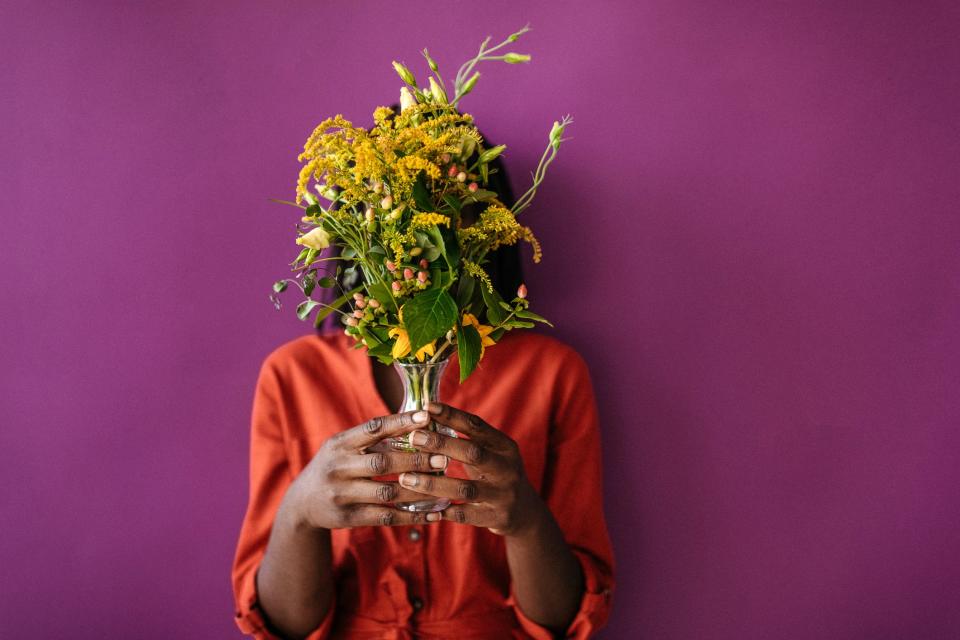

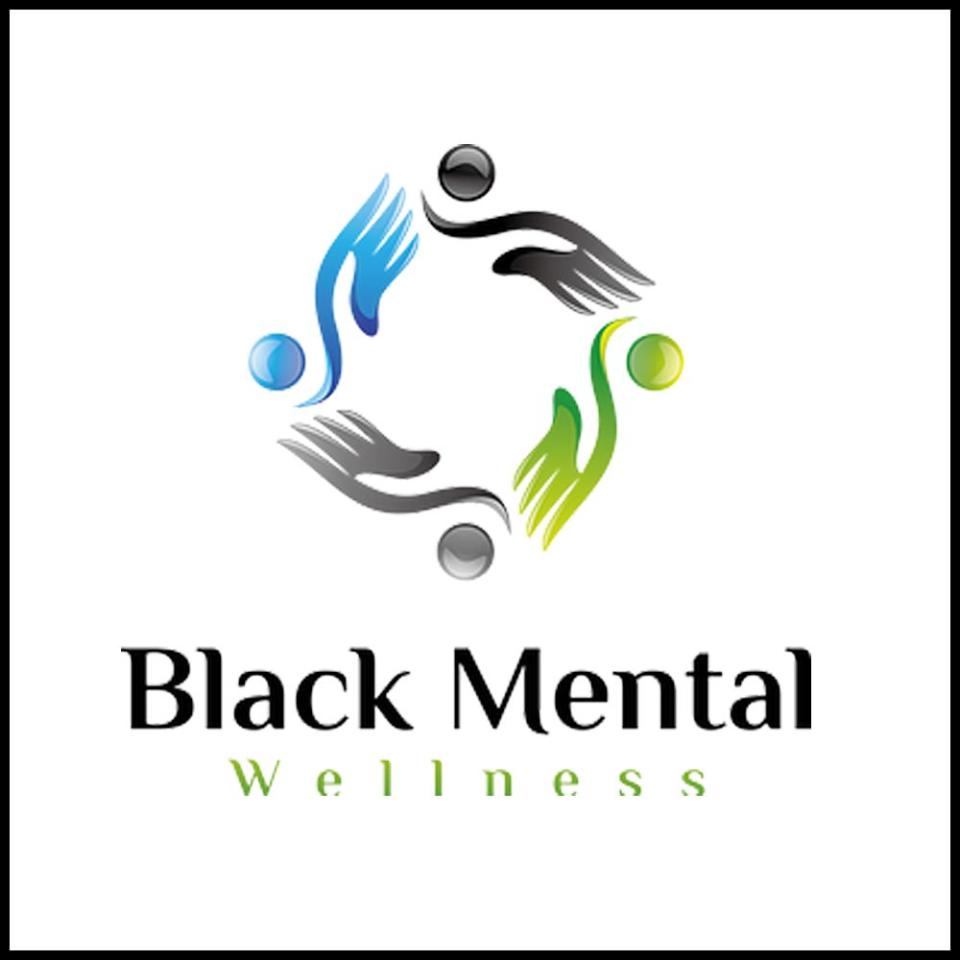

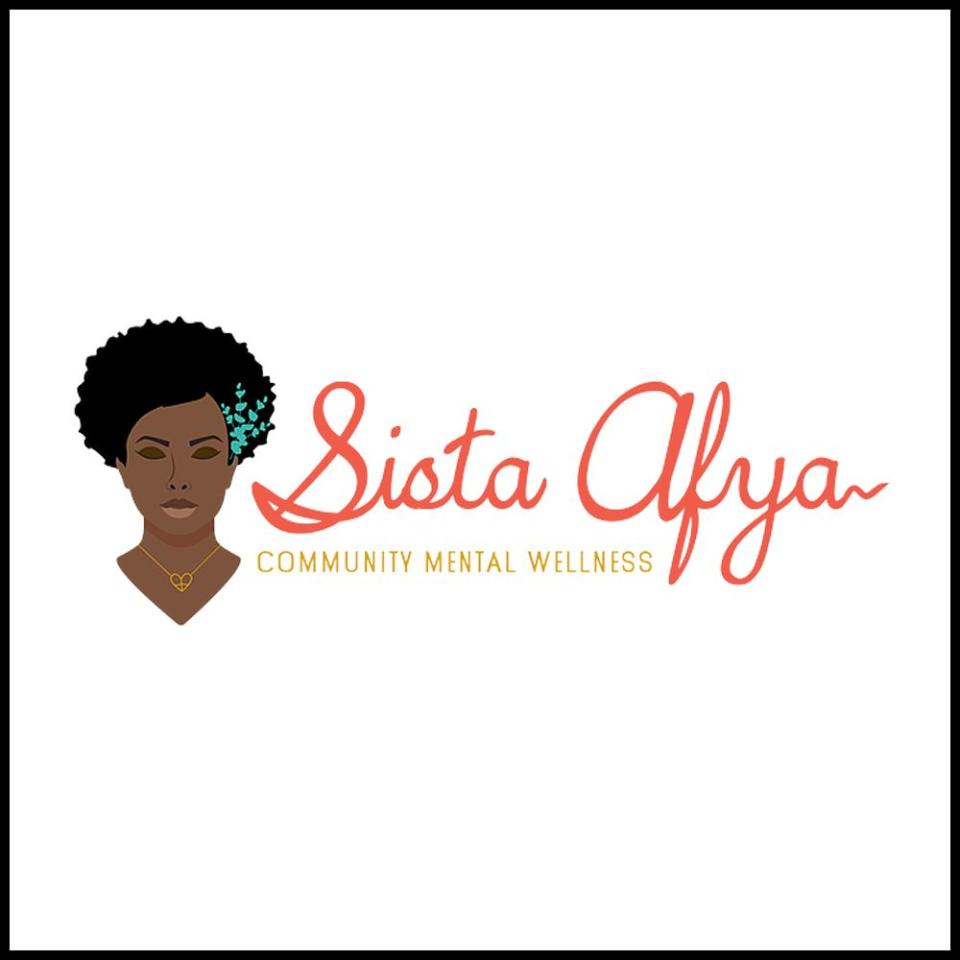



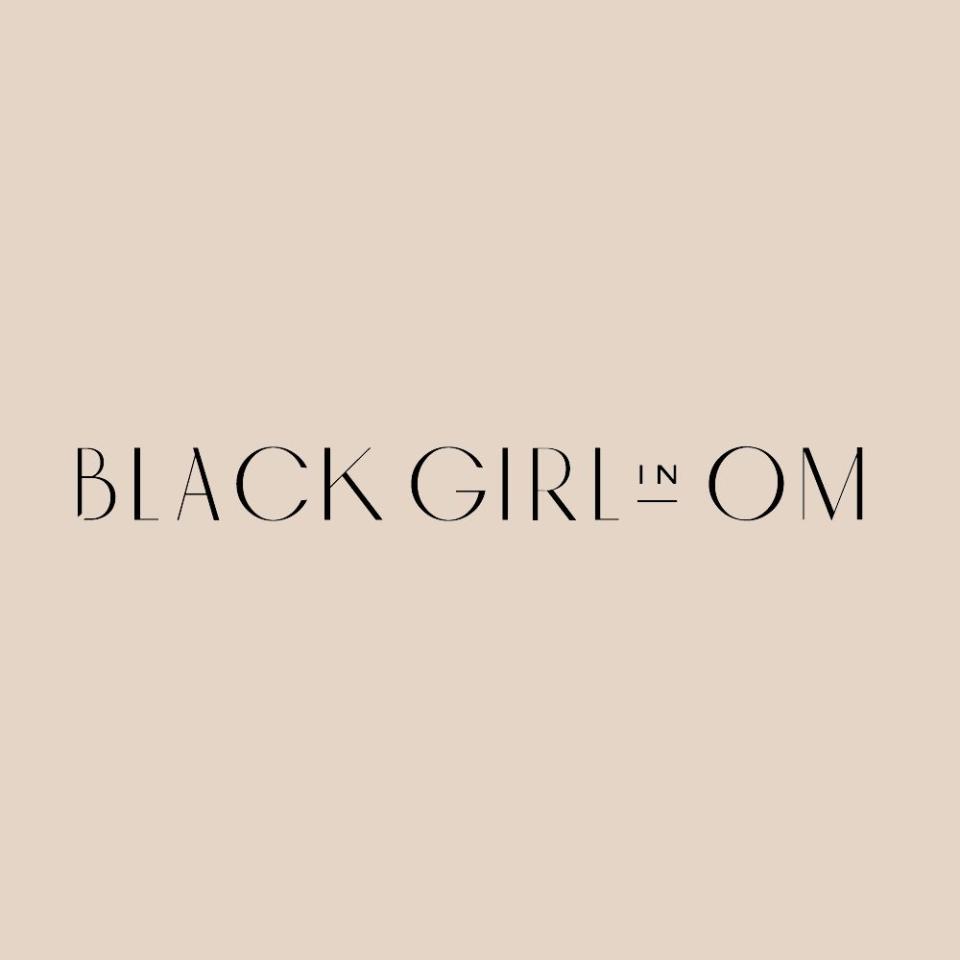

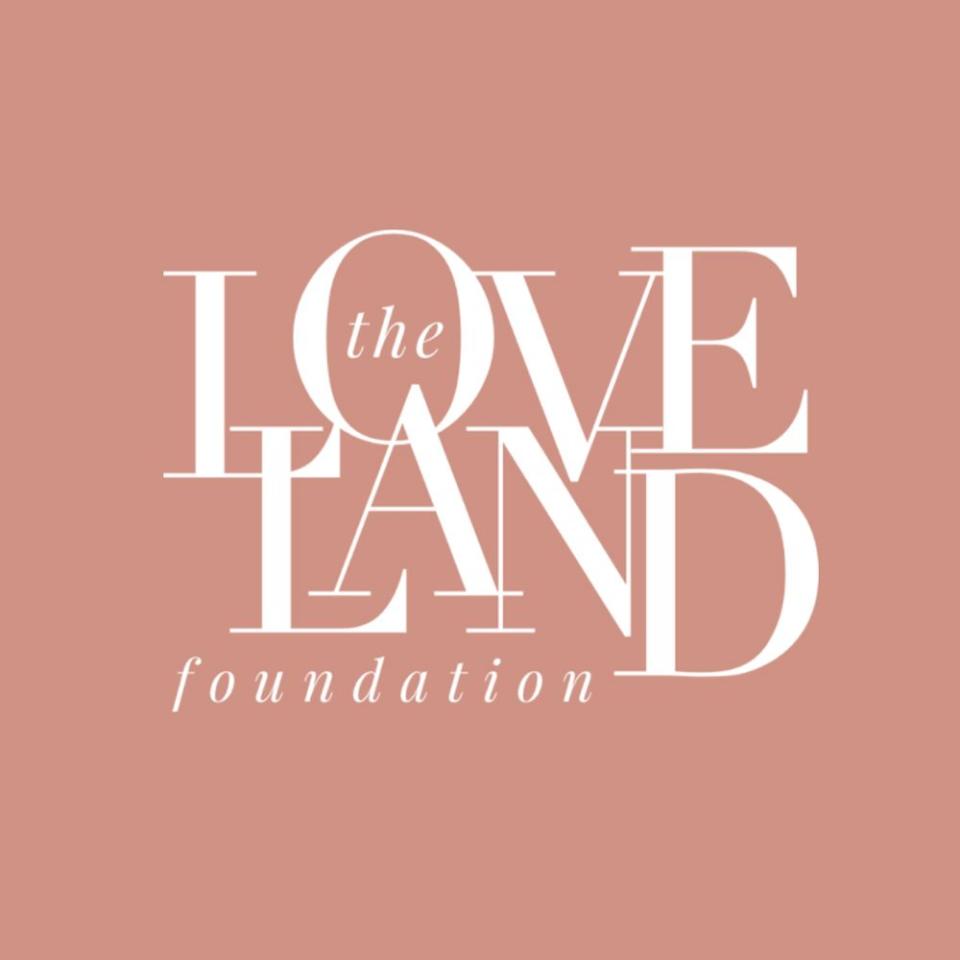

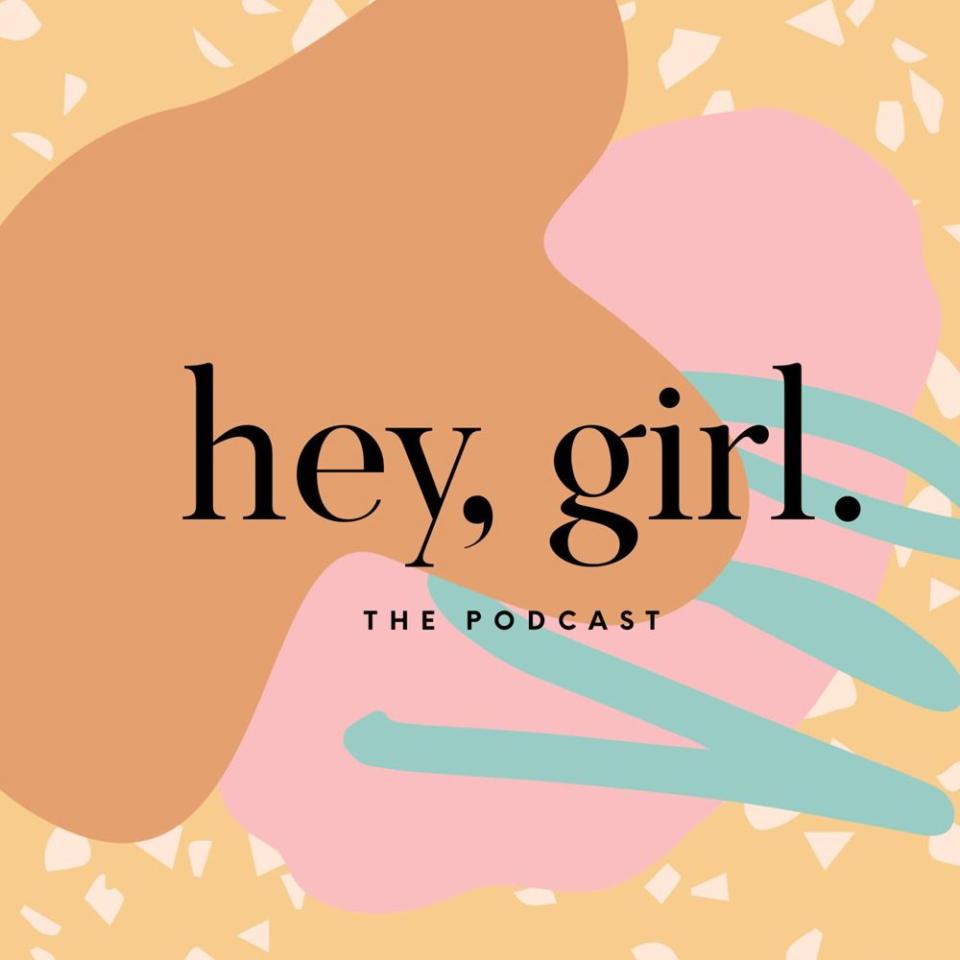
12 Resources for Black Women Seeking Mental Health Support
I can't remember a time when it's felt so overwhelming to be in my body. In my skin.
Dealing with the confines of quarantine and the stress of a global pandemic has been one thing. But re-witnessing continued police brutality against BIPOC has been upsetting and exhausting, while navigating an industry that's still figuring out how to be sensitive to these issues has been complex.
On the other hand, participating in the #BlackLivesMatter movement has felt incredibly empowering. Chanting #SayHerName to honor the lives of people like Breonna Taylor and Sandra Bland, allows me to speak what's on my heart — to remind myself and others that we need to do the work so that our communities are founded on the principle that Black women are not just worthy of surviving, but thriving.
Sometimes I go to bed at night with my mind is racing with all of these thoughts and emotions: anger, despair, love, unity, isolation, confusion. Processing all of this by myself while still trying to maintain everyday responsibilities has felt like a heavy lift. And while my experience is unique, I know I'm not alone.
"For Black women, this is really an extremely stressful time," says Dana L. Cunningham, Ph.D, Vice President of Black Mental Wellness."I think the lack of empathy in some spaces regarding what the experience of a Black woman is, and them trying to cope, take care of their own families, and deal with a pandemic, I think it all just has heightened senses of anxiety and depression."
This is the time for women of color to really double down on their mental health — especially since emotional stress can weaken the immune system and take a toll on the body. But finding mental health support that centers the Black experience and your individual needs can be a struggle. There are many possible barriers, some of the major ones being: the cost (therapy without insurance can be expensive), and the stigma.
"There's this perception that if you go talk to a mental health provider that you're crazy," says Cunningham. "You know, you have to be this strong Black woman who's holding up and supporting everybody else."
But what if "strength" means being held in a space where you feel safe?
This is something I've been trying to cultivate for myself on my journey towards healing despite my tight budget. So from my own search, I've gathered 12 accessible resources I think are great for any Black woman who is looking for guidance on their path. Whether you are looking for a therapist, a support group, a community, free educational materials, financial aid, or self-care podcasts, this list has got something for you.
Finding affordable mental health resources that center the Black experience can feel tough if you're not looking in the right places. Let's make your search easier with these mental health resources for Black women.